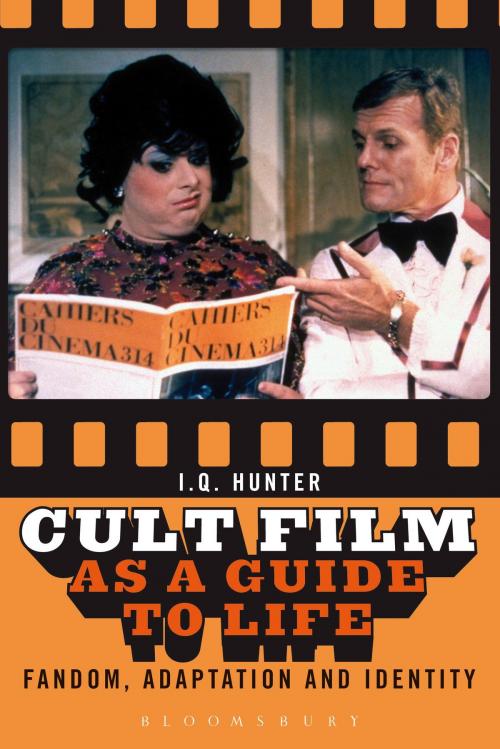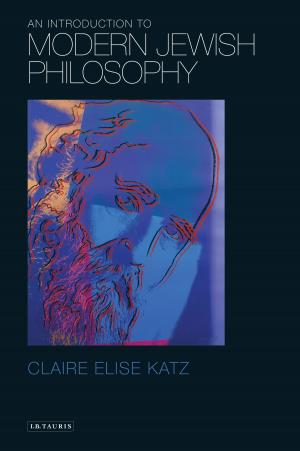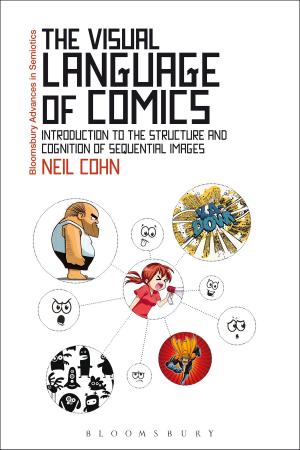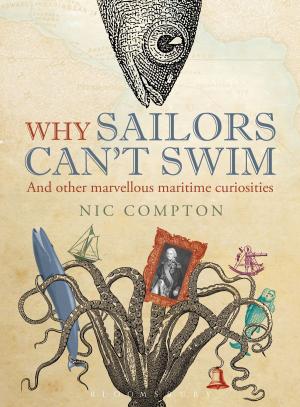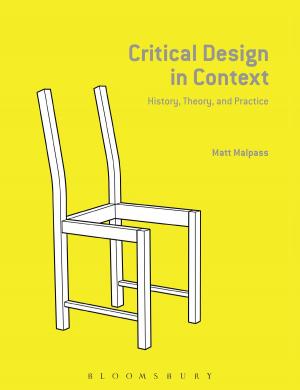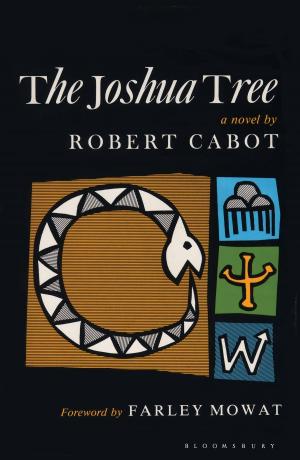Cult Film as a Guide to Life
Fandom, Adaptation, and Identity
Nonfiction, Entertainment, Film, History & Criticism, Performing Arts| Author: | I.Q. Hunter | ISBN: | 9781623563813 |
| Publisher: | Bloomsbury Publishing | Publication: | September 8, 2016 |
| Imprint: | Bloomsbury Academic | Language: | English |
| Author: | I.Q. Hunter |
| ISBN: | 9781623563813 |
| Publisher: | Bloomsbury Publishing |
| Publication: | September 8, 2016 |
| Imprint: | Bloomsbury Academic |
| Language: | English |
Cult Film as a Guide to Life investigates the world and experience of cult films, from well-loved classics to the worst movies ever made. Including comprehensive studies of cult phenomena such as trash films, exploitation versions, cult adaptations, and case studies of movies as different as Showgirls, Room 237 and The Lord of the G-Strings, this lively, provocative and original book shows why cult films may just be the perfect guide to making sense of the contemporary world.
Using his expertise in two fields, I.Q. Hunter also explores the important overlap between cult film and adaptation studies. He argues that adaptation studies could learn a great deal from cult and fan studies about the importance of audiences' emotional investment not only in texts but also in the relationships between them, and how such bonds of caring are structured over time.
The book's emergent theme is cult film as lived experience. With reference mostly to American cinema, Hunter explores how cultists, with their powerful emotional investment in films, care for them over time and across numerous intertexts in relationships of memory, nostalgia and anticipation.
Cult Film as a Guide to Life investigates the world and experience of cult films, from well-loved classics to the worst movies ever made. Including comprehensive studies of cult phenomena such as trash films, exploitation versions, cult adaptations, and case studies of movies as different as Showgirls, Room 237 and The Lord of the G-Strings, this lively, provocative and original book shows why cult films may just be the perfect guide to making sense of the contemporary world.
Using his expertise in two fields, I.Q. Hunter also explores the important overlap between cult film and adaptation studies. He argues that adaptation studies could learn a great deal from cult and fan studies about the importance of audiences' emotional investment not only in texts but also in the relationships between them, and how such bonds of caring are structured over time.
The book's emergent theme is cult film as lived experience. With reference mostly to American cinema, Hunter explores how cultists, with their powerful emotional investment in films, care for them over time and across numerous intertexts in relationships of memory, nostalgia and anticipation.
